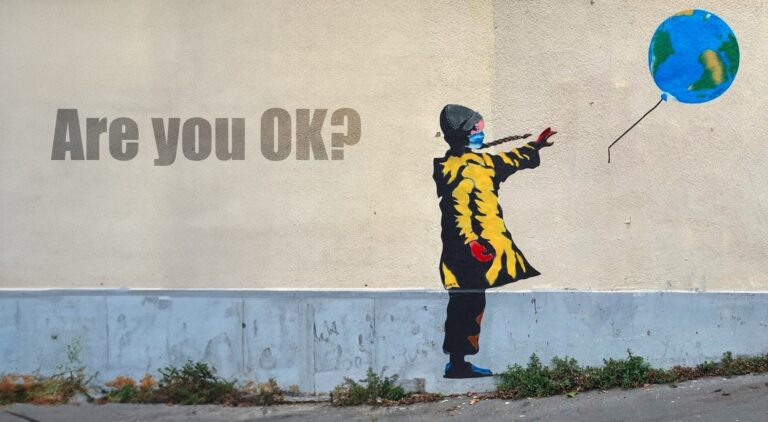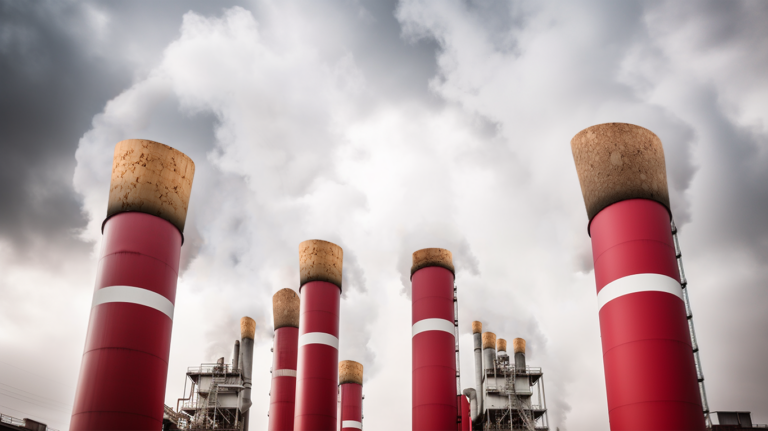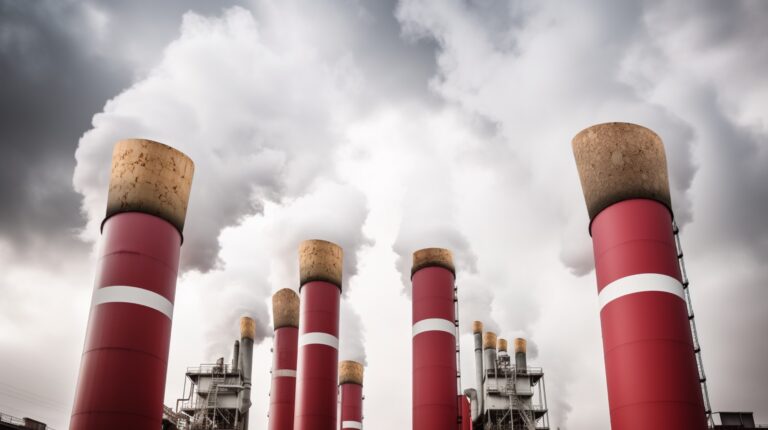Artist: Alex Stewart
Atlantic Activist
It’s a sincere question—please hear me out.
Despite general agreement that climate change is real and we’re quickly running out of time to do something about it, Canada continues to forge a path of broken climate promises.
Last November, the Office of the Auditor General of Canada and the Commissioner of the Environment and Sustainable Development released a report titled Lessons Learned from Canada’s Record on Climate Change. Kim Leach, the senior bureaucrat who led the performance audit, presented several key takeaways during a recent webinar hosted by the Sustainability Network. This fact stood out:
“Canada has never met a greenhouse gas reduction target it has set.”
The observation, Leach explained, covers Canada’s track record since 1990. Despite plans and targets aimed at reducing greenhouse gas emissions over the past three decades, Canada’s greenhouse gas emissions have in fact increased by 20 percent.
In the same webinar, auditor James MacKenzie explained that the federal government’s Onshore Emissions Reduction Fund (launched in 2020) did not achieve its intended aims. MacKenzie’s audit found that more than half of the companies that received funding in the first round used it to increase oil and gas production. This was not by accident: the companies had revealed their intentions in their funding applications to Natural Resources Canada. And although the Fund was also meant to support workers in industries impacted by Covid, the companies applying for funding were not required to show how the money would be used to help with job retention (or creation).
Fast forward to last week, when Jerry DeMarco, Canada’s Commissioner of the Environment and Sustainable Development, and staff from the Auditor General’s Office spoke at a parliamentary standing committee meeting about five new reports—addressing carbon pricing, a Just Transition for workers, hydrogen potential, greening federal government operations, and climate-ready infrastructure.
You can read the reports for yourself here, or watch the two-hour committee hearing here.
Spoiler Alert: Canada is failing to come up with effective and credible plans to address climate change—and it’s not even meeting its existing lackluster plans and targets.
So, back to the question: Are we being too nice?
It’s not a rhetorical question.
The federal government’s own Commissioner and auditors are definitively outlining the ways in which our elected leaders and government bureaucrats are failing to address the greatest threat facing humanity—and in many instances, actually making matters worse. But somehow, the public is expected to shrug off these failures as an honest mistake or simply politics. If we don’t like it, we’re told, we can show our disapproval at the ballot box in a few years’ time.
There are two main problems with that: few members of the public will ever hear about these reports calling out the failures of the government, and we’re almost out of time to make the significant changes that could curtail runaway climate change and biodiversity loss.
The report released in April by the UN Intergovernmental Panel on Climate Change (IPCC) states that in order to limit global warming to 1.5°C, greenhouse gas emissions must be on a sharp decline within three years and reduced nearly in half by 2030.
And if we fail?
Well, other recent IPCC reports (August 2021 and February 2022) warn us about that, too. The UN Secretary-General has dubbed the reports “A Code Red for Humanity” and “An Atlas of Human Suffering,” respectively.
Lives hang in the balance; species are disappearing every minute. Is it not time to start calling out broken climate promises for what they are? Lies. The UN Secretary-General thinks so.
These are not innocent lies. They are lies that are causing people great suffering at this very moment and robbing future generations of a liveable home.
Can we not call these actions—and inactions—crimes and demand that those responsible be arrested and prosecuted in an international human rights court or here at home?
If we don’t, will we look back with regret that we were too polite to call out government and industry leaders as criminals and find a new pathway forward?
We must continue our fight: to stop the new deep offshore oil and gas project (Bay du Nord) approved last month by Environment Minister Stephen Guilbeault, the expansion of gold mining and rampant clearcutting in Nova Scotia (as well as other provinces), coal mining in the Eastern slopes and foothills of the Rocky Mountains, oil and gas pipelines that continue to be built, the Ring of Fire mining development threatening Indigenous communities in Northern Ontario—and so much more.
As we do, let’s remind ourselves that we are speaking out—and standing up—against unconscionable acts that should be treated as crimes. One day, hopefully soon, there will be a turning point when sanity and justice prevail, and we’ll be standing together on the right side of history.
Tynette Deveaux
Beyond Coal Atlantic Campaign
www.beyondclimatepromises.ca
If you’d like to support our work, consider making a donation today
Not a member? Forget to renew? Sign up for as little as $15 a year




